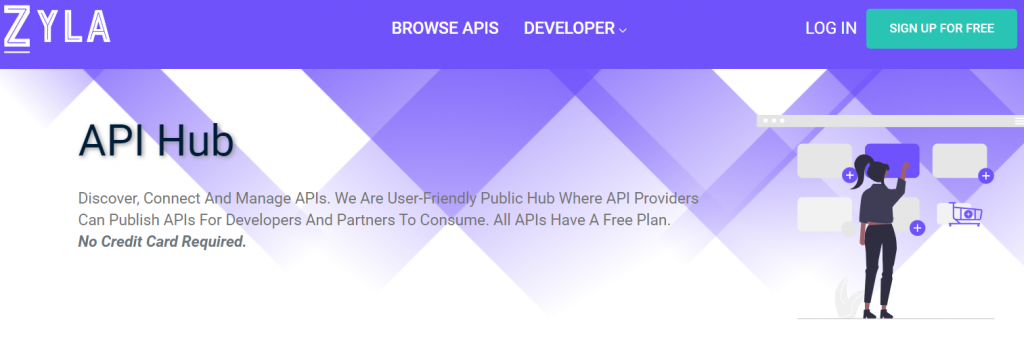Thanks to the particular situations of the last few years, the development of the market for digital products and technology has skyrocketed. Learn how to take advantage of this situation to profit from your projects using an API marketplace.
With the rise of the Internet of Things, companies are increasingly taking advantage of all the marketing and analytics resources at their disposal, a scenario that includes APIs (application programming interfaces; codes developed to facilitate communication between applications that avoid the repetition of processes and allow companies’ services to be available on more platforms.
How to monetize them has been the object of work of some technology companies such as IBM and CA Technologies, who have their own ecosystems of channels and integrators for this line and have managed to understand a market increasingly exploited by the financial, retail, health and government industries.

According to IBM, APIs and their uses are rapidly driving new opportunities for companies, customers and developers, who recognize them as a new marketing channel, as they allow them to expand beyond their limits to generate revenue through new business models, relying on other companies as additional sales vehicles.
Many people who are not in the development field may confuse apps with APIs, which we know is not the same thing. But most of the time when we talk about apps we talk about APIs, because one cannot live without the other. At the moment, issues such as multichannel or IoT are supported by APIs and without them there is no growth.
In fact, 70% of organizations are already using APIs or are thinking of doing something with them. The segments with the highest adoption of APIs are finance, retail, healthcare and government, the so-called Digital Disruptors who are making the bet in an omnichannel way.
The rise of the application economy has led companies around the world to rethink the traditional use of application programming interfaces and focus on opportunities to leverage external APIs in their own applications, as well as their own across all external developers.
API is synonymous with digital transformation and is what will differentiate companies, there are companies that offer known services but what makes them stand out is the way they interact with users, those that do not have an internal API initiative will not be successful in the application economy.
With all this information in view, it is evident the huge market and possibilities that are opening up for all API providers. The biggest problem for this is finding a way to monetize it, offer it in a way that appeals to the right customers and get that exposure, plus the time involved in providing the first level of support where issues can be solved in ways where the API owner doesn’t need to intervene. For this we suggest the use of an API marketplace, where we highly recommend Zyla API Hub.

About Zyla API Hub
The Zyla API Hub bills itself as a user-friendly, intuitive, and dynamic public hub where API developers can submit their work for use by customers and clients.
This platform also includes marketing tactics to help you publicize your API. For example, after your products are published on Amazon, the only reason anyone will purchase them is because they discovered them. This strategy, on the other hand, is special in the way it promotes your items in order to ensure that more people can access them.
Furthermore, Zyla API Hub provides an assistant who will oversee each stage of the process and guarantee that your API is successfully sold. And, no, there will be no additional payment for this.
Related Post: API Marketplaces: Why They Will Be Important In The Future

